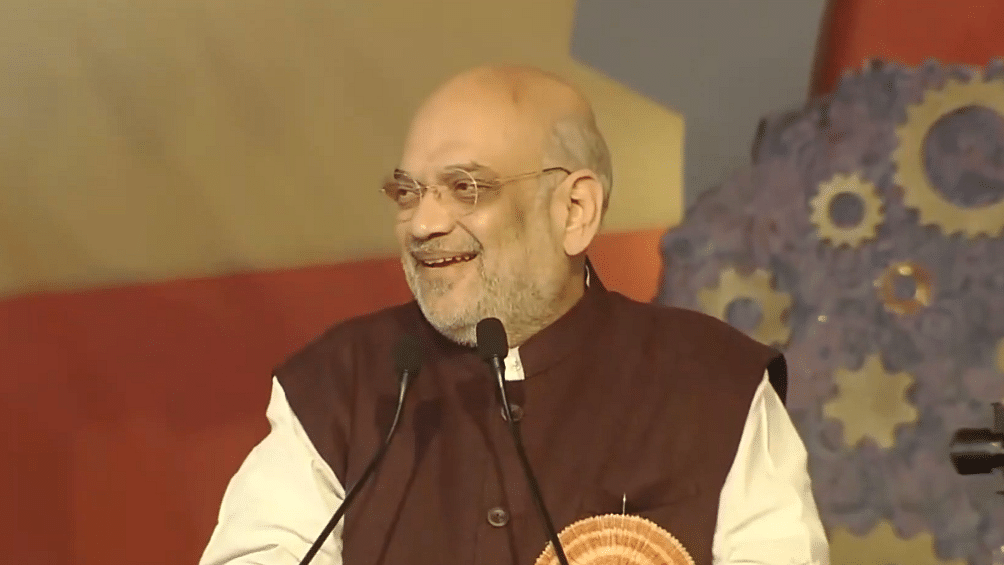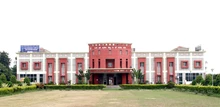
Union Home Minister and Minister of Cooperation, Amit Shah, is set to preside over the 26th meeting of the Eastern Zonal Council on Sunday, 10th December 2023. The Eastern Zonal Council encompasses the states of Bihar, West Bengal, Odisha, and Jharkhand.
This significant gathering, coordinated by the Inter-State Council Secretariat under the Ministry of Home Affairs, Government of India, in collaboration with the Government of Bihar, will be attended by Chief Ministers, senior ministers, Chief Secretaries, and other officials from the member states.
Established in 1957 under Section 15-22 of the States Reorganization Act, 1956, the five Zonal Councils are chaired by the Union Home Minister. The Chief Ministers of the states and the Administrator/Lieutenant Governor of the Union Territories within the respective Zonal Councils serve as members. The Vice-Chairman position rotates annually among the members.
Additionally, two ministers from each state are nominated as council members by the Governor. The Chief Minister of Bihar holds the Vice Chairman position for the 26th meeting of the Eastern Zonal Council. The primary purpose of the Zonal Councils is to facilitate dialogue and cooperation among states and Union Territories on issues that impact two or more regions or involve the Center and the States. Prime Minister Narendra Modi has emphasized the importance of leveraging cooperative and competitive federalism for holistic development.
Over the past nine years, a total of 55 meetings, including 29 Standing Committee sessions and 26 Zonal Council meetings, have taken place. These platforms play an advisory role but have evolved into vital mechanisms for promoting mutual understanding and cooperation across various sectors.
During these meetings, decisions on crucial matters have been made, such as setting the minimum support price for crops like Kodo, Kutki, and other minor millets on par with Ragi. Other decisions include the release of the National Framework for Sediment Management in 2022 and the incorporation of lac cultivation in the Kisan Credit Card from 2022-23.
Noteworthy national issues discussed in these meetings include the operationalization of Fast Track Special Courts (FSTC) for swift resolution of rape cases involving women and children, the provision of banking facilities within a 5 km radius of every village, establishment of new Primary Agricultural Credit Societies (PACSs), combatting child malnutrition through nutrition campaigns, and reducing school dropout rates.
The Zonal Councils continue to serve as forums for addressing issues of common interest, both at regional and national levels.











